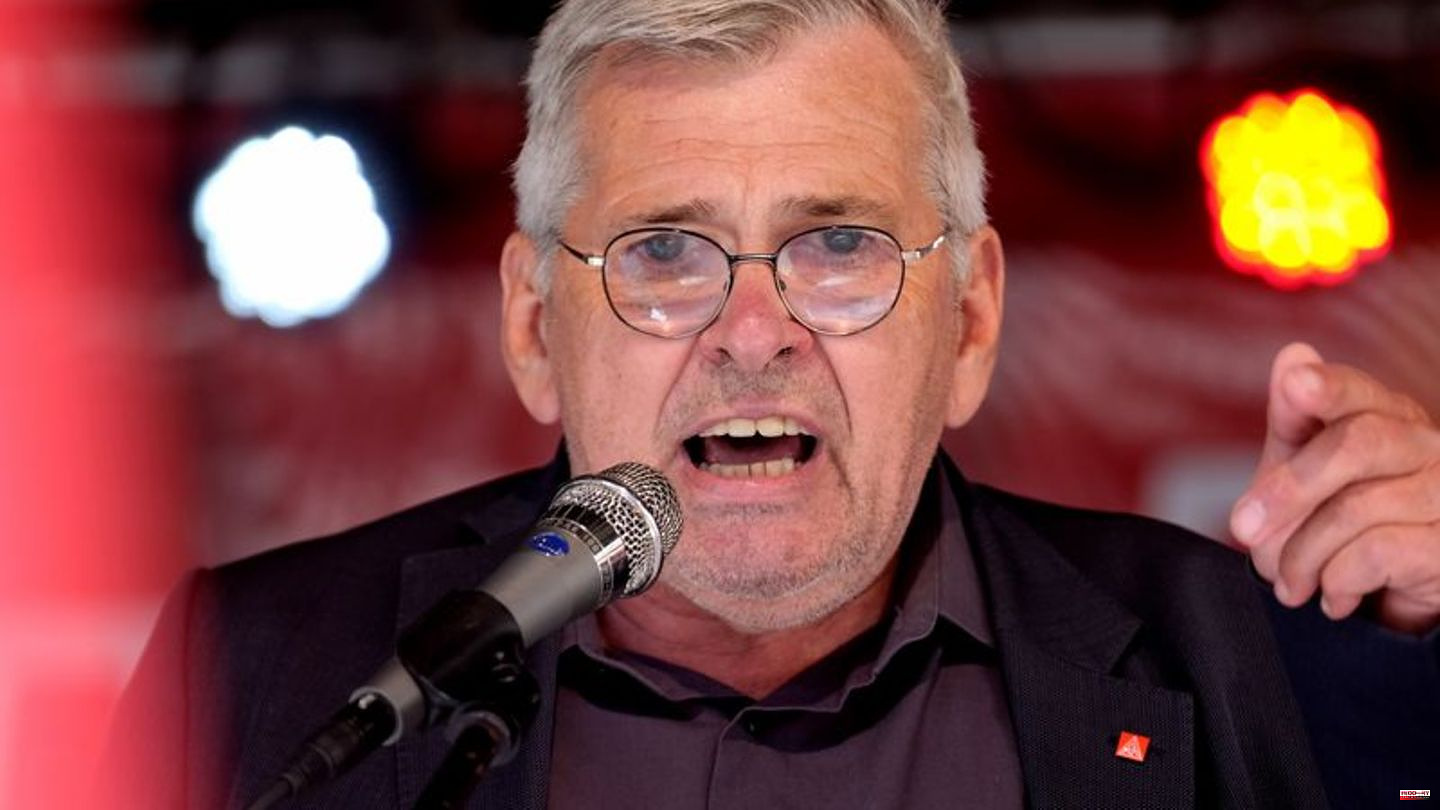Under the impression of the rapid rise in prices, the collective bargaining talks for the German metal and electrical industry are starting today.
Employees and employers come together for the nationwide start in Hanover, initially negotiations are taking place here for the Lower Saxony/Saxony-Anhalt district. Before the consultations begin, representatives of IG Metall and the Niedersachsen-Metall association want to explain their expectations again in the early afternoon.
A tough struggle over the level of future wages in the key industry is emerging. This time, the region is the first in Germany in which the collective bargaining partners are actually talking to each other.
IG Metall wants eight percent more money
Overall, it is about the working conditions of almost four million employees. IG Metall is demanding eight percent more money and wants to enshrine this increase in a new collective agreement that will ideally run for twelve months. She is skeptical about one-off payments - what is needed is a longer-term increase in wages in order to maintain purchasing power and relieve consumers.
The employer camp, in turn, had repeatedly emphasized that significant increases in income could hardly be achieved at the moment. Numerous companies are already heavily burdened due to the enormous increase in the costs of energy and raw materials, and some are even threatened with insolvency.
IG Metall boss: mood among members is "heated up"
IG Metall boss Jörg Hofmann indicated that the union would be open to compromises in the negotiations when it came to the critical situation of companies that were particularly affected. In addition, however, there is no way around a fundamental, strong increase in wages. Because of the increase in the price of energy, fuel and food, the mood among the members was "extremely heated".
Many people noticed the inflation in everyday life. "It builds up in an expectation." According to Hofmann, business must show responsibility. "Otherwise I can see that society is collapsing on this issue, falling apart - and we are leaving the field to populists, who should have no place on this issue."
Niedersachsen Metall boss Volker Schmidt spoke out in favor of caution and a sense of proportion in the forthcoming negotiations. "Many companies are already massively endangered in their existence", he reported on current feedback from member companies. "The uncertainties are greater than ever." This often applies to procurement and energy prices as well as to the supply of important supplies.
Schmidt rejected the claim that companies could simply pass on price increases. In most cases this is not the case. "Companies are also severely affected," he said of the consequences of inflation, which, after a long phase of zero interest rate policy, are now leading to interest rate hikes by the central banks again.
The regional wage agreements in the industry expire in the districts on September 30th. Warning strikes would be possible from October 28th. As a rule, a pilot district is agreed upon in the course of the negotiations, and the other regions then take on the task of completing it.







